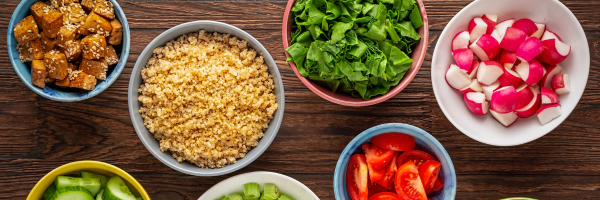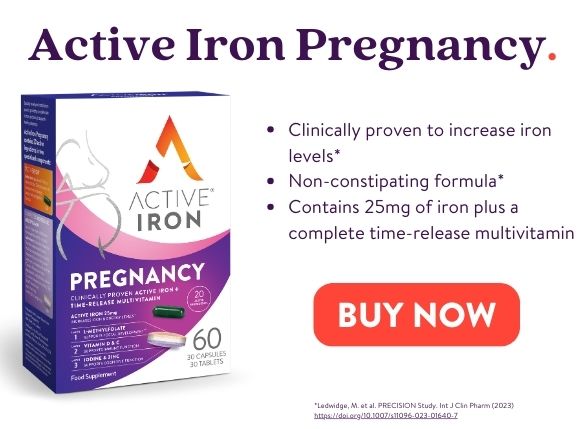Pregnancy is a crucial time when proper nutrition plays a vital role in the health of both the mum and the developing baby. It’s advised certain foods should be avoided to ensure a healthy pregnancy and to help minimise risks.
Here’s my comprehensive guide on what foods to avoid, the risks associated with eating these certain foods, the best foods to consume, and the importance of supplements during pregnancy:
Food Groups to Avoid During Pregnancy
- Raw or Undercooked Seafood
- Examples: Raw oysters, clams, and ceviche.
- Risks: Bacterial infections (Listeria, Vibrio), parasitic infections (Toxoplasma), and food poisoning.
- Note: Sushi made with raw fish that hasn’t first been frozen is not considered to be safe. But cooking or freezing kills the worms and makes raw fish safe to eat.
- High-Mercury Fish
- Examples: Shark, swordfish, king mackerel, and tilefish.
- Risks: Mercury can impair foetal brain development and nervous system.
- Raw or Undercooked Meat and Poultry
- Examples: Rare or medium-rare steak, poultry, and pork.
- Risks: Bacterial infections (Salmonella, E. coli) and toxoplasmosis.
- Deli Meats and Hot Dogs
- Risks: Listeria contamination, although rare it’s dangerous.
- Unpasteurised Dairy Products
- Examples: Certain soft cheeses (brie, camembert), unpasteurised milk.
- Risks: Listeria infection, although low can lead to serious complications for the baby.
- Unwashed Fruits and Vegetables
- Examples: Unwashed fruits and vegetables, sprouts (alfalfa, clover, radish).
- Risks: Bacterial infections (Listeria, E. coli).
- Processed and Junk Foods
- Examples: Fast food, sugary snacks, high-fat and high-sodium foods.
- Risks: Excessive weight gain, gestational diabetes, and other complications.
Limit: Caffeine
- Recommendations: Limit intake to 200mg per day (about one 12-ounce cup of coffee).
- Risks: High caffeine intake is linked to miscarriage and low birth weight.
Risks of Eating Certain Foods During Pregnancy
Consuming certain foods during pregnancy can lead to several risks. These are all low and some mums choose to take the risk and still eat foods that are not recommended. Risks include:
- Infections: Certain bacteria and parasites can cause severe infections leading to miscarriage, stillbirth, or preterm labour.
- Developmental Issues: High levels of mercury and other toxins can impair foetal brain development.
- Nutrient Deficiencies: Deficiencies in essential nutrients like folic acid, iron, and calcium, affecting both the mother and baby.
Best Foods to Eat During Pregnancy
- Fruits and Vegetables
- Rich in vitamins, minerals, and fibre, essential for overall health and digestion.
- Whole Grains
- Examples: Quinoa, brown rice, whole wheat bread.
- Provide sustained energy and essential nutrients like iron and B vitamins.
- Lean Proteins
- Examples: Chicken, turkey, lean beef, beans, legumes, tofu.
- Essential for the growth and development of foetal tissues.
- Pasteurised Dairy Products
- Examples: Pasteurised milk, yogurt, cheese.
- Sources of protein and calcium.
- Healthy Fats
- Examples: Avocados, nuts, seeds, olive oil.
- Important for brain development and overall health.
- Hydration
- Drink 2 litres of water per day to stay hydrated and support increased blood volume.
Check out this list of seven top foods every mother-to-be can incorporate into their pregnancy diet.
Should You Consider Supplements During Pregnancy?
While a healthy diet is crucial, supplements can help fill in nutritional gaps:
- Prenatal Vitamins: Typically contain essential nutrients like folic acid, iron, calcium, and DHA.
- Folate: Reduces the risk of neural tube defects*.
- Iron: Supports increased blood volume and prevents anaemia.
- Calcium: Essential for foetal bone development.
- Vitamin D: Supports bone health and immune function.
- DHA: An omega-3 fatty acid important for brain development.
- Vitamin A: Should be avoided during pregnancy, too much intake of vitamin A can be harmful to the foetus.
Diet and essential nutrients and mineral intake is very important for foetal development. Active Iron Pregnancy contains non-constipating Active Iron plus a complete time-release multivitamin providing all the key nutrients for mum and baby.
Caloric Intake During Pregnancy
Caloric needs increase during pregnancy, but it’s important to focus on quality, not just quantity:
- First Trimester: No additional calories are usually needed.
- Second Trimester: No additional calories are usually needed.
- Third Trimester: Additional 200 calories per day.
Conclusion
Eating a balanced diet rich in fruits, vegetables, whole grains, lean proteins, and healthy fats is crucial during pregnancy. Some research even links a healthy balanced diet to a reduction in raised blood pressure. Avoiding certain high-risk foods helps prevent infections and complications. Supplements can help to provide additional support for essential nutrients. You do not need to ‘eat for two’ that’s a myth! As always, consult with a healthcare professional for personalised advice and recommendations. All of our bodies are different through pregnancy, get to know yours to support it in the best way you can!
*This beneficial effect is obtained with supplemental folic acid daily intake of 400ug for at least one month before and up to 3 months after conception.

Marie Louise, The Modern Midwife
BSc (Hons) RM & PTTLS
Read more about our expert here.


